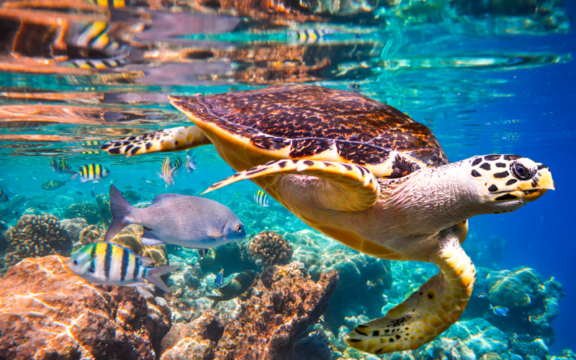
A new UN backed report by the Intergovernmental Science-Policy Platform on Biodiversity and Ecosystem Services has detailed the serious impact humans have had to the earth with now one million species being in danger of becoming extinct. With humans need for more food and energy they are destroying the very ecosystem that supports their societies.
The report has been described as ‘the most powerful indictment of how humans have treated their only home’. With the earth especially suffering from the way humans use it over the past 50 years. The earth’s population has doubled since 1970, the global economy is four times higher and international trade has amplified by 10 times. 100 million forest hectares have been lost between 1980 and 2000 from palm oil stations in South East Asia and cattle ranching in South America. Coral reefs have almost halved over the past 150 years and plastic pollution has increased ten times since 1980, with every year humans dumping 300-400 million tons of heavy metals, toxic sludge, solvents and other wastes into the water all around the world.
The report notes that human activity is ‘killing species in greater numbers than ever before’, with 25% of the animal population now under threat. Other contributing factors include the hunting and the direct mistreatment of animals, pollution, invasive species and climate.
The report says that the way we interact with nature needs to change in order to halt the current trends and that humans need to apply transformative change, such as eating more healthy foods, more vegetables and growing food in a more sustainable way. Our diet in regard to consumption of meat and dairy products also needs to be more balanced. Greater investment in renewable energy rather than coal is needed together with a move to a more holistic approach in focusing on the quality of life of a country and considering future impacts of policies rather than focusing on economic measures such as GDPs.
The report also encourages people to engage more in political issues and put pressure on all forms of government to help care for the land. A third of the world’s land is currently in need of protection. The Intergovernmental Science-Policy Platform on Biodiversity and Ecosystem Services hopes that this report will put the biodiversity argument in the spotlight and that humans and governments will see the urgent need for change and respond accordingly.
– Kate Bradley
